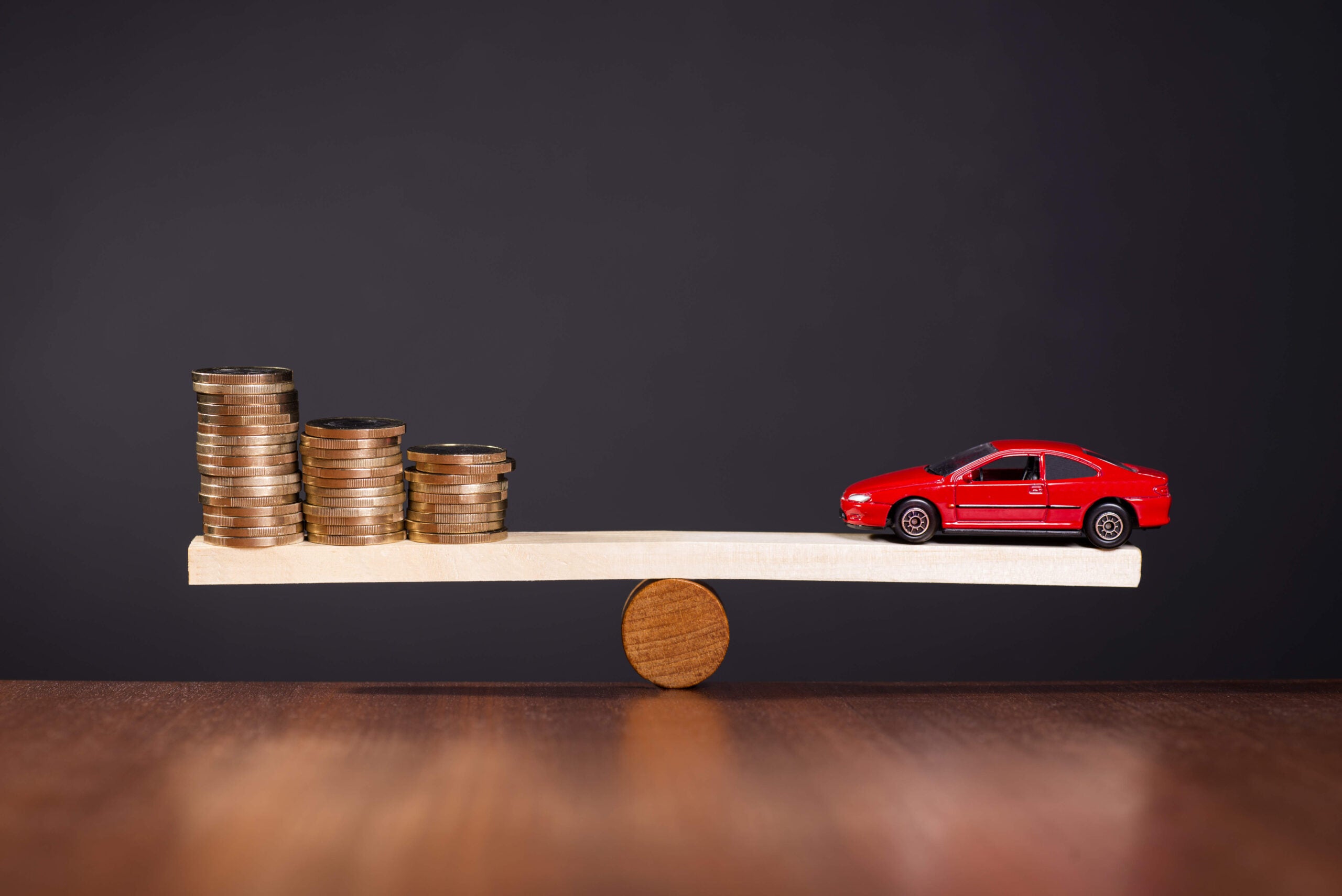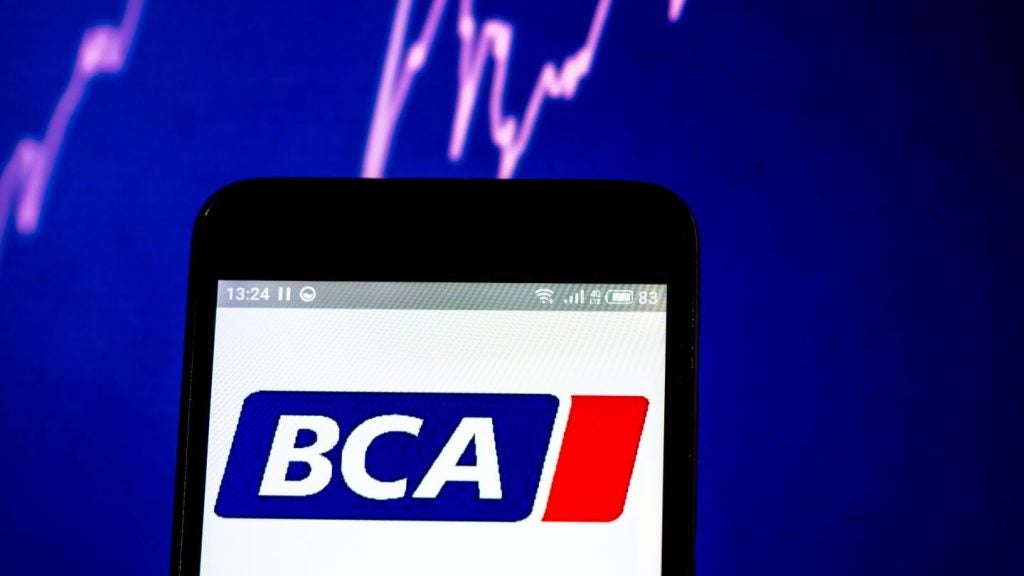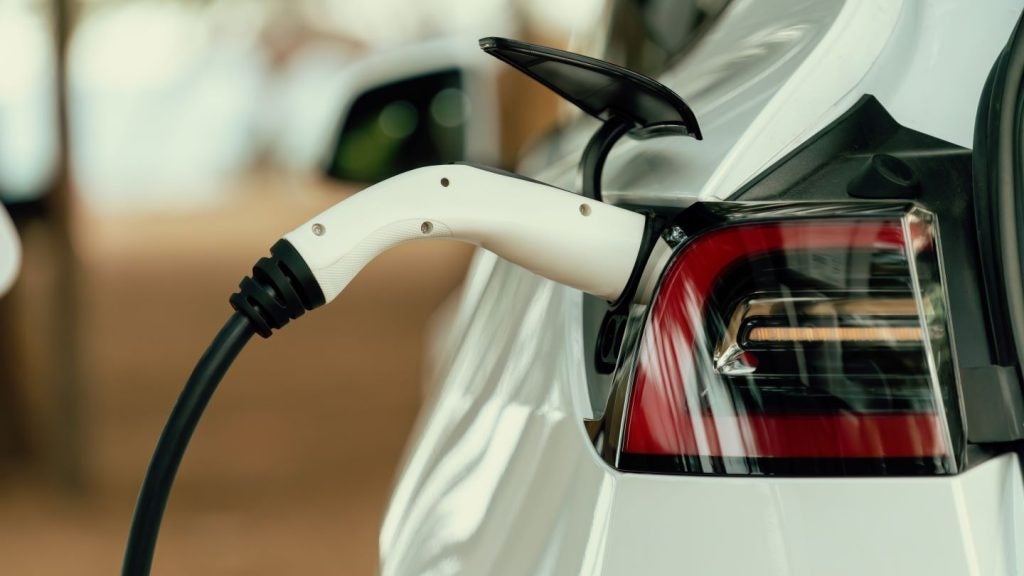
At its simplest, auto finance – or car finance as it is mostly knows in the Europe – works like a mortgage: a financial institutions lends you a certain amount of money to acquire an asset, i.e. a motor vehicle. As the loan is repaid – with interest on the outstanding principal – the customer builds equity in the car, until it the debt with the lender is extinguished and the vehicle is fully owned by the buyer.
This is called a hire purchase (HP) agreement, and is the most basic form of financing for cars. Since the 1990s, it rose to become the most common way of financing a car purchase, superseding car loans (which are effectively a form of unsecured personal loan).
Over time, more sophisticated auto finance products, like PCH and PCP, entered the mass market, and today’s automotive industry is highly reliant on finance, particularly in markets like North America, the UK, Germany, Japan and, increasingly, China.
Consumers now have a wide range of alternatives to buying a car. They can, for instance, lease it through a Personal Contract Hire (PCH): you pay a monthly fee to drive a car, which sometimes can include add-ons like insurance, and return it to the leasing company at the end of the contract. With PCH, you never own the car: you just get the right of use from its owner, as you would in a tenancy agreement on a property.
PCH can, depending on the circumstances, be more expensive than buying a car, and comes with mileage restrictions. However, it also means the driver will not go through the hassle of disposing of their old vehicle when changing cars.
Personal Contract Purchase (PCP) is a product that has seen particularly high growth over the last decade. On the surface, it works like a PCH contract: you pay a monthly fee and drive a car without outright owning it. The difference is that in PCP, your monthly payments cover the depreciation of the vehicle over a set amount of time.
How well do you really know your competitors?
Access the most comprehensive Company Profiles on the market, powered by GlobalData. Save hours of research. Gain competitive edge.

Thank you!
Your download email will arrive shortly
Not ready to buy yet? Download a free sample
We are confident about the unique quality of our Company Profiles. However, we want you to make the most beneficial decision for your business, so we offer a free sample that you can download by submitting the below form
By GlobalDataCars lose value over time, and quick: most vehicles are worth just half of their retail price just a year after they have rolled out of the factory floor. Suppose that a vehicle is now priced at £24,000, and its value will drop – assuming statistically average usage patterns – to £16,000 in 18 months’ time: the PCP payments will cover that difference. That means that getting a PCP on a Mercedes-Benz or a Ford Fiesta is, to an extent, the same: what determines the amount you pay is the difference in residual value between the start and the end of the contract, not the vehicle’s retail price.
At the end of the PCP contract, you have three options. You can:
- Pay the remainder of the vehicle’s value in a lump sum, and own it outright (as you would in an HP). The sum is agreed at the beginning of the contract, not at the end;
- Use the equity you built up with your monthly payments and roll it onto another PCP contract, lowering the monthly cost on the new vehicle;
- Give back the vehicle and end the relationship there. You might want to do this if the vehicle ended up being worth less than what the lender estimated at the outset of the contract, in which case, even if you bought out the vehicle (as in option 1) you would not recoup the same amount if you sold it in turn.
A great deal of scrutiny has gone into auto finance, and particularly PCP, by financial regulators, who feared that lenders were overestimating how much vehicles would be worth three or four years later. Events like dieselgate, cities’ pollution control restrictions and the advent of electric vehicles all sparked fears the values of cars with older combustion engines would plummet.
In the end, a review by Britain’s watchdogs found that the country’s lenders were being prudent in setting residual values. Auto finance is set to change in terms of what it offers, but most in the industry are confident its role in automotive retail won’t be replaced anytime soon.







